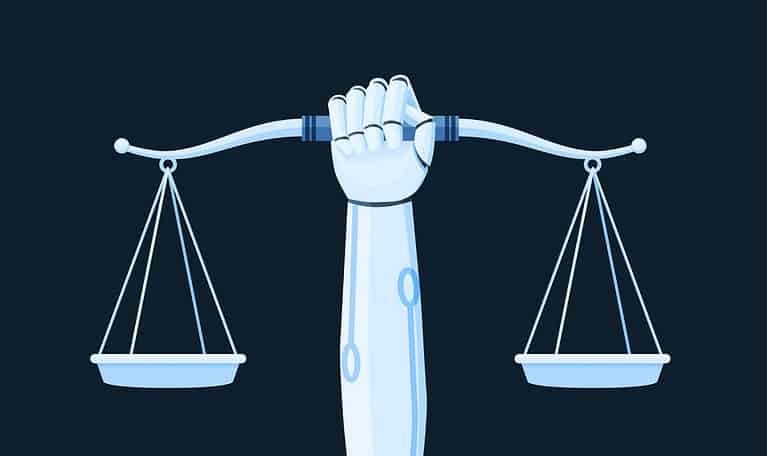The three largest economic powers within the European Union have agreed on how AI should be regulated. The vision is less strict than the initial versions of the upcoming EU AI Act, which is a clear signal from the three countries to the EU.
France, Germany and Italy have aligned visions for upcoming AI legislation. A joint document to this effect was reportedly seen by Reuters.
The countries are taking a less strict approach and do not want penalties for AI developers. In this way, the countries want to prevent the upcoming regulation from scaring off AI companies and holding back innovation.
Less rules for foundation models
Specifically, according to the vision of these European powers, the EU AI Act should focus on AI tools. All versions of the EU AI Act that have already been made public currently place a strong emphasis on foundation models. The EU should move away from that idea, according to the document: “We underline that the AI Act regulates the application of AI and not the technology as such.”
Developers of such foundation models are given only a minor task. They must provide model cards: “The model cards will contain the relevant information to understand the operation of the model, its capabilities and limitations, and will be based on best practices within the developer community.” A new, independent body can then verify the content of these model cards, the document suggests.
Delay of the final legislation
The document is almost a guarantee toward further discussions at the European Parliament. In doing so, Europe risks failing to meet the previously projected final date of the end of 2023.
Brando Benifei, Member of the European Parliament and pioneer of the legislation sees the sudden position switch at OpenAI as a reason why the AI Act should not be lenient. He tells Reuters: “The understandable drama around Altman being sacked from OpenAI and now joining Microsoft shows us that we cannot rely on voluntary agreements brokered by visionary leaders.” With this statement, he also answers the joint agreement that does not want to impose penalties on AI developers for failure to comply with the legislation.
